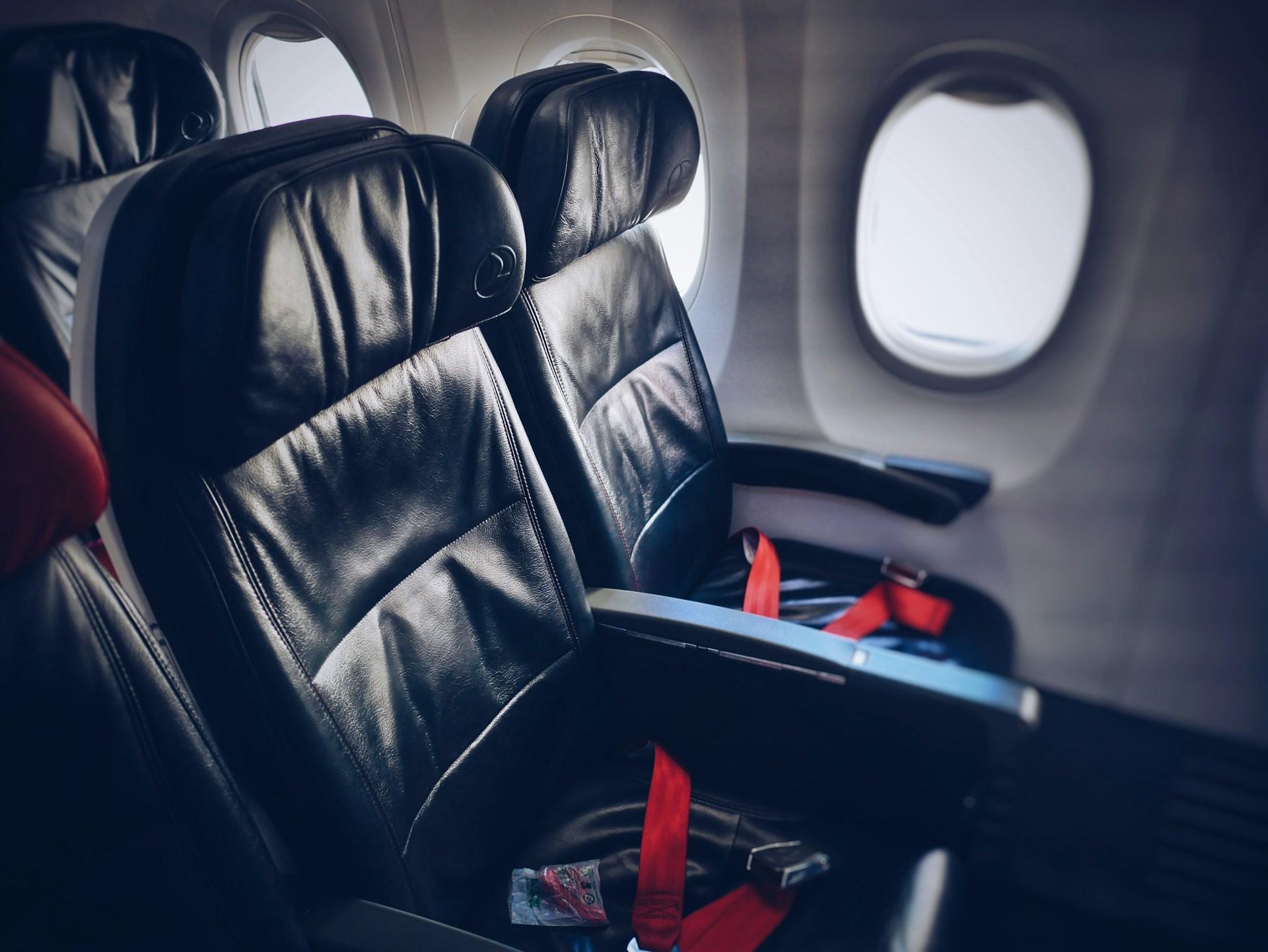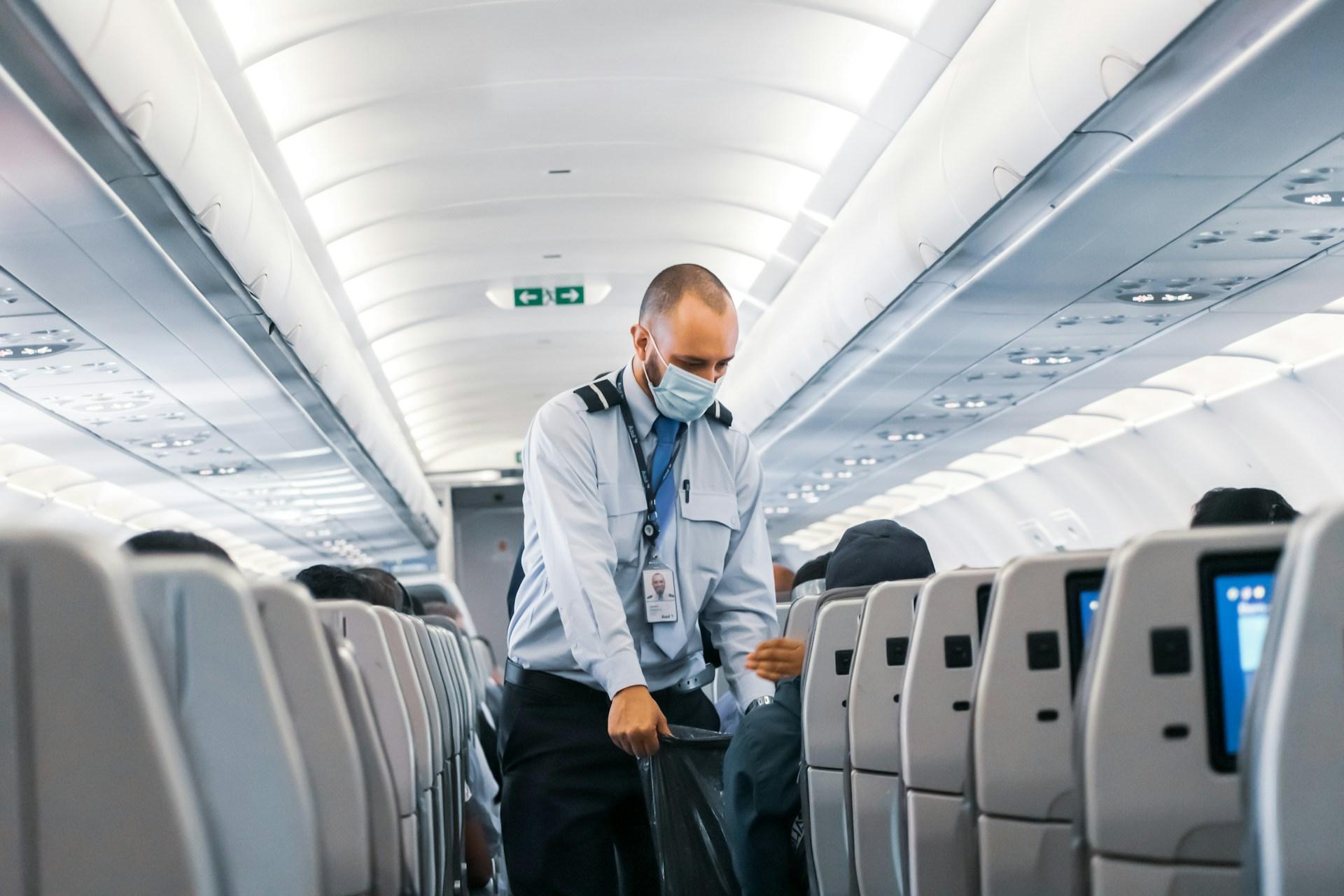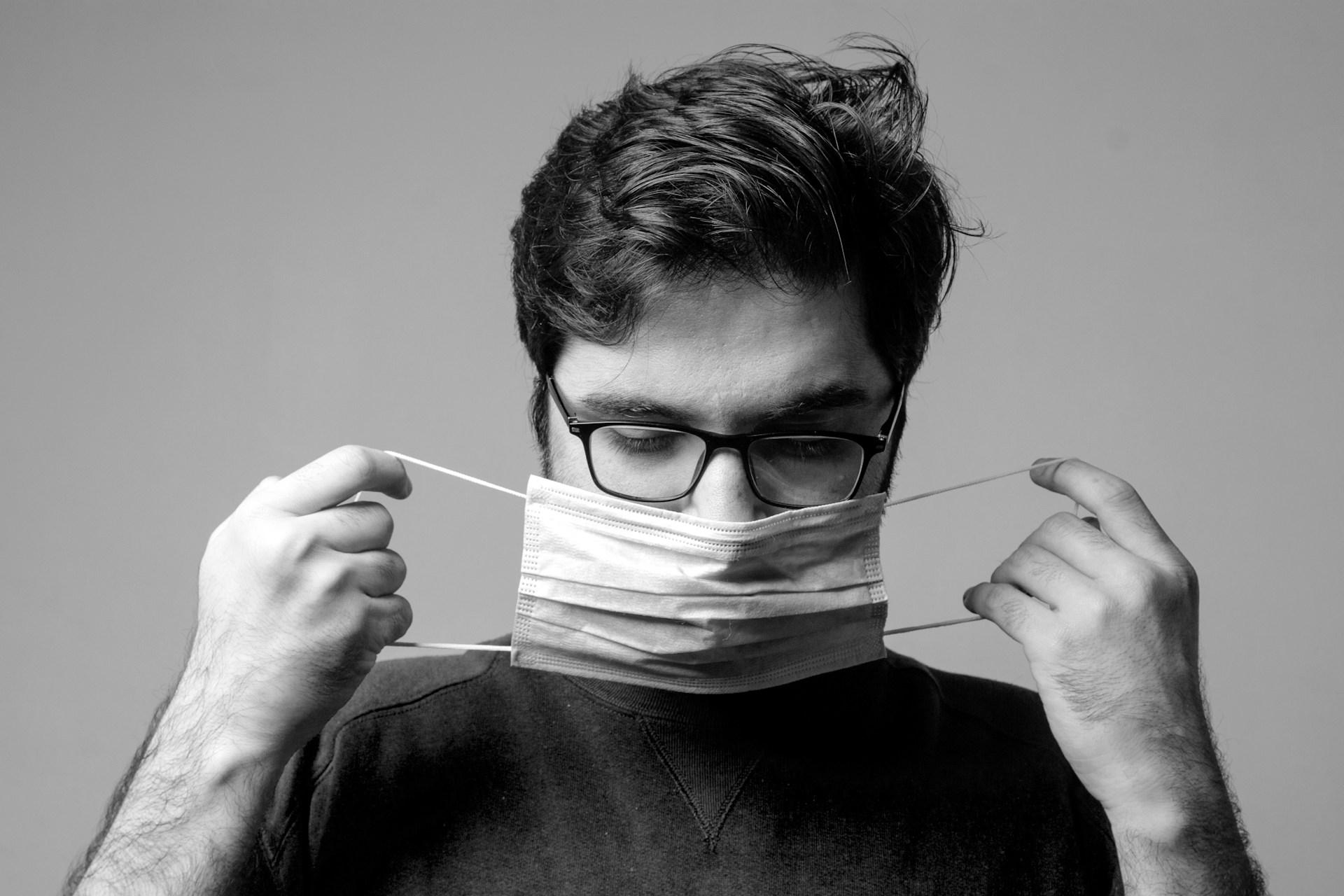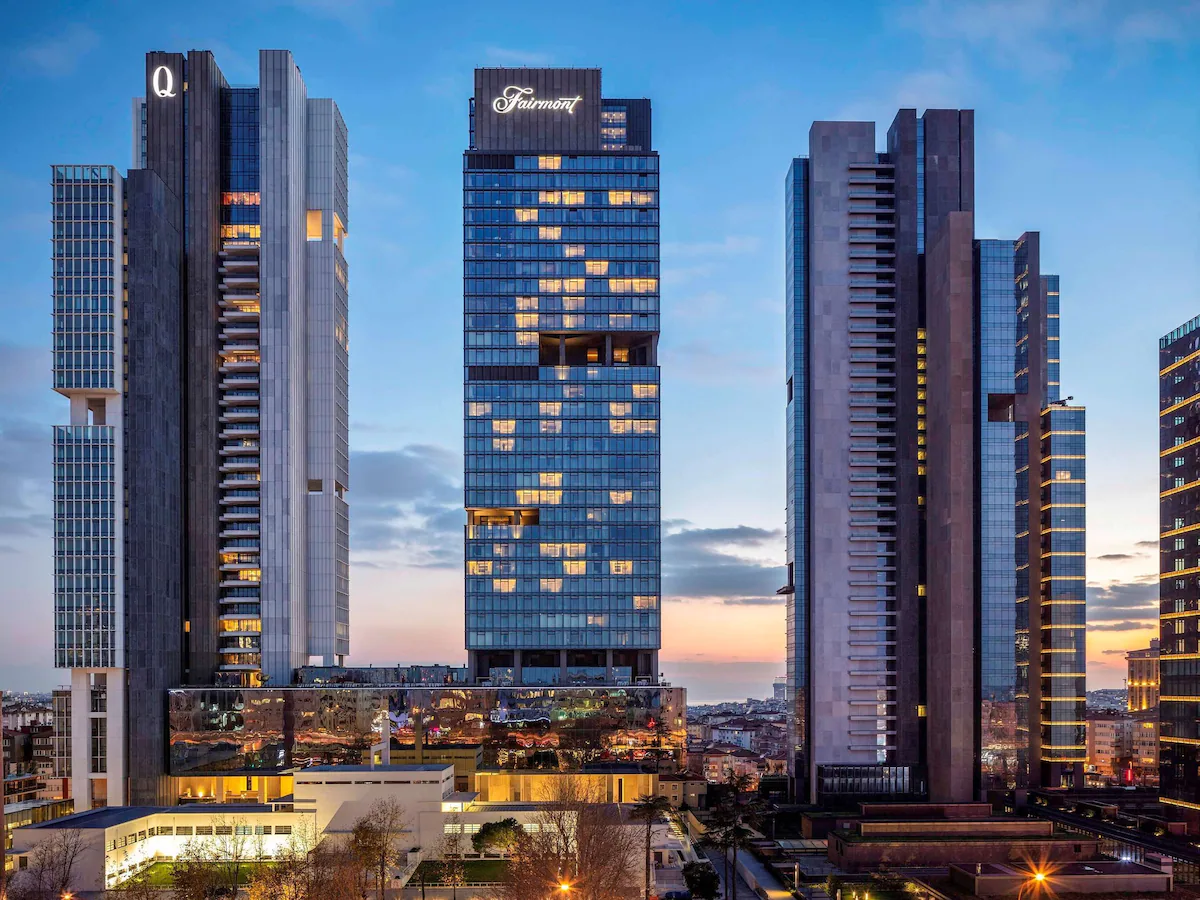When you are thousands of feet in the air, sharing a confined space with hundreds of other passengers, health and safety are probably some of the things on your mind.
In this article, we explore how air is cleaned in aeroplanes, the role of HEPA filters, the importance of wearing masks, and what airlines do to keep these systems in top shape. We also take a look at what your responsibilities are as a passenger on a plane.

Aeroplanes use High-Efficiency Particulate Air (HEPA) filters to keep the air clean. These filters are designed to capture tiny particles in the air, a technology used in various applications including hospitals, labs, and even your home vacuum cleaner.
In aviation, HEPA filters are essential. They work by trapping airborne particles, ensuring that the air passengers breathe is as clean as possible.
Typically, when air passes through the filter, particles like viruses, bacteria, and allergens get caught in the fibres. The filters can capture 99.97% of particles that are 0.3 microns or larger, which makes them the most effective systems for air filtration in aeroplanes.
Note that HEPA filters don't work alone. Aeroplanes also recirculate air frequently, usually every 2-3 minutes. This combination of HEPA filters and rapid air recirculation ensures that the air stays clean throughout the flight.
It ensures harmful particles are removed, providing clean air to passengers, and reducing the risk of spreading illnesses.
Importance of Wearing Masks
Health organizations like the CDC and WHO strongly recommend wearing masks on planes. They add an extra layer of protection, complementing the air filtration systems.
How masks work is that they block droplets that may contain viruses or bacteria from entering the nose and mouth, preventing them from spreading to other people. This helps reduce the transmission of respiratory infections in the plane.
Other benefits of wearing masks include;
In some cultures, wearing masks is a social norm, and doing so on planes can help passengers feel more comfortable and respectful of others.

Regular maintenance of HEPA systems is crucial to ensure they remain effective. These systems rely on well-maintained filters to remove contaminants from the air.
Airlines must follow strict maintenance procedures including regular inspections to check for damage or wear on the filters, timely replacement of filters according to manufacturer guidelines, and routine cleaning and sanitization of the entire system.
If you don't want to worry about the quality of air on your flight, you also have a role to play as a passenger.
Check airline reviews - Check airline reviews that specifically mention cleanliness and maintenance. You can find reliable reviews on reputable travel websites, forums, and social media platforms. Make sure to only choose airlines with good reviews.
Be aware of airline practices - Research airline policies regarding cleanliness, air quality, and overall health. If unsure, you can directly contact the airline for inquiries. Follow news and updates about airline cleanliness standards to stay informed too.
Practice personal hygiene ‐ Follow all airline’s policies regarding hygiene and practice your own personal hygienic routine. Wear a mask, wash your hands regularly or use hand sanitiser, and be mindful of personal space. If everyone can do this, it can help prevent the spread of germs, contributing to a cleaner environment for everyone on board.



If you want the latest information on the best Hotel Executive Club Lounges, Hotel Kids Clubs and other travel information, be sure to sign up for our free newsletter full of tips and great travel ideas.